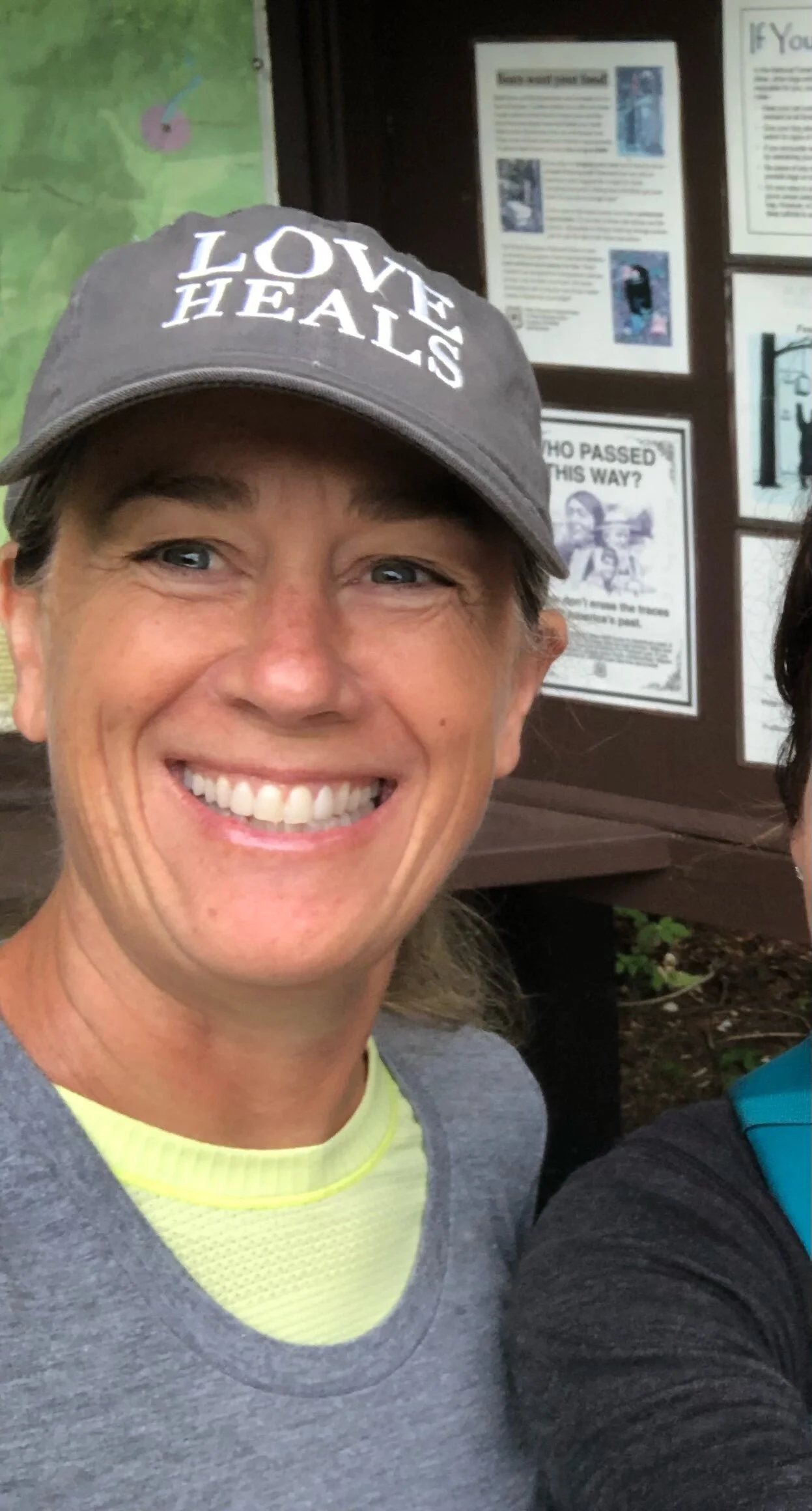Friday, June 11, 2021
Silver Linings
Lizzie Bristow
Wednesday, March 18, 2020 at 9:00 a.m. I did my first Zoom psychotherapy session. If you had asked me the week before if I would ever offer psychotherapy in this way I would have said an emphatic “no!” There were two main reasons: one, I knew nothing about telehealth and did not consider myself very tech savvy, and two, insurance did not reimburse the same amount for an in-person session versus a video or phone session, so there was really no motivation to learn. And then the pandemic changed everything.
As a profession, psychotherapy had been going along much the same way for a long time: people came into an office. Yet, in the snap of a finger, how mental health services are offered changed last March.
I was tentative at first, but in those early days of the pandemic, when everything was tossed in the air, there was a freedom in leaning into this new way of connecting with people. From the technical - how do I send this “Zoom invite,” to the lighting of the room, to, would talking with someone via video feel awkward, and more importantly, would an empathic and compassionate connection still be possible via video? I reached out to other therapists, to a colleague who counsels therapists on legal matters, to the licensing boards of New Hampshire, Maine and Massachusetts. Together we gradually managed to reimagine how to practice therapy in this new way.
Over a year later, it takes my breath away to think how seeking therapy and the stigma of mental health has changed for the better. Because these past 15 months have been hard for all of us talking about feeling depressed or anxious - or both, feeling isolated, lonely, overwhelmed no longer seem so shameful to admit. It turns out video therapy is incredibly convenient for many, many people because of time constraints, work schedules and responsibilities, childcare, accessibility in terms of physical disabilities and there are people who are just more comfortable receiving mental health services from the privacy of their home.
One of my prayers as we move out of this past year is that we continue to grow in our understanding of therapy as just another form of self care. I pray that the profession continues to be creative and innovative in how our services are offered to everyone. Telehealth allows for psychotherapy to be accessible to all, not just those that can get into an office. It feels like such incredible grace that out of this year, I learned how to offer services to people in this new way and that people have been open, willing and filled with trust to engage in therapy through video. What amazing Grace.

